Are you an aficionado of wine, beer, or other beverages, but struggle to find the perfect storage solution?
Enter the world of wine fridges and beverage coolers. These specialized refrigeration units are designed to store your drinks at just the right temperature while looking stylish.
In this blog post, we'll explore the differences between wine fridge vs beverage fridge, delve into their pros and cons, and help you choose the right one for your specific needs.
So, let's raise a glass and embark on this journey together.
Short Summary
- Comparing Wine Fridge vs Beverage Fridge in 2023: Understand the differences between temperature range, storage capacity and specialized features.
- Assess storage requirements, balance budget with desired features & consider future needs when selecting a cooler.
- Install properly with adequate ventilation. Clean regularly for optimal performance and maximize energy efficiency.
Understanding the Differences

Wine fridges and beverage coolers may appear similar on the surface, but their purposes and features differ. Wine fridges, also known as wine coolers, are designed to protect wine bottles from damaging light and maintain the optimal temperature and humidity levels for wine storage.
On the other hand, beverage coolers focus on keeping a variety of drinks cold, from beer and soda to wine.
However, several factors set them apart. Key differences include temperature range, storage capacity, and specialized features. Understanding these distinctions can help you make an informed decision when selecting the right cooler for your needs.
Temperature Range
The temperature range of wine coolers typically falls between 41 to 64 degrees Fahrenheit, which is higher than that of a standard kitchen refrigerator.
This range allows for proper wine storage and preservation, ensuring that your precious vintages maintain their flavor and aroma for years to come.
The ideal temperature for storing wine is between 50 °F and 60 °F, and serving temperatures vary depending on the type of wine – white wines should be served at 45 °F to 55 °F and red wines at 54 °F to 65 °F.
Beverage coolers, in contrast, have a temperature range of 39°F to 65°F, making them ideal for keeping various types of drinks cold, from beer and soda to wine.
While they can be used to store wine, they may not provide the precise temperature control needed for long-term wine preservation. However, they do offer versatility in accommodating a wider range of beverages.
Storage Capacity
Storage capacity is another significant difference between wine fridges and beverage coolers. Wine fridges are designed to hold wine bottles, with specialized shelving and adjustable-height shelves with cradles to accommodate various bottle sizes.
It is important to note that the actual capacity of a wine fridge may be lower than the stated capacity due to the different bottle sizes and shapes in your collection.
For instance, if non-Bordeaux bottles make up half of your collection, the capacity may decrease by 20% to 25%.
On the contrary, beverage coolers are engineered to store a variety of beverages, including cans and bottles of varying sizes.
They often feature adjustable shelves and compartments to accommodate different drink types, making them a more versatile option for those with diverse beverage preferences.
Specialized Features
Wine refrigerators, also known as wine fridges, boast specialized features to cater to the unique needs of wine storage.
They often come with solid, insulated doors, wooden shelves, adjustable-height shelves with cradles, LED displays, and dual pane glass doors to protect your wine from light and temperature fluctuations.
Some wine fridges also offer dual-zone temperature control, allowing you to store red and white wines at their respective ideal serving temperatures in separate compartments.
Beverage coolers, on the other hand, are designed with a more general purpose in mind. LED interior lighting, digital temperature control panel, glass or solid doors and locks are typically included in these cooling systems.
This ensures added security. While these features are convenient for storing a variety of beverages, they may not provide the same level of precision and protection required for long-term wine preservation.
Nevertheless, they offer a versatile solution for those looking to store various types of drinks in a single unit.
Pros and Cons of Wine Coolers
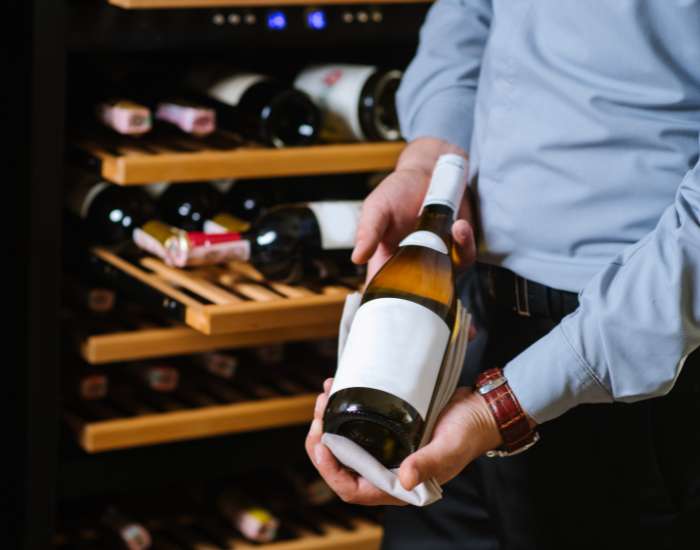
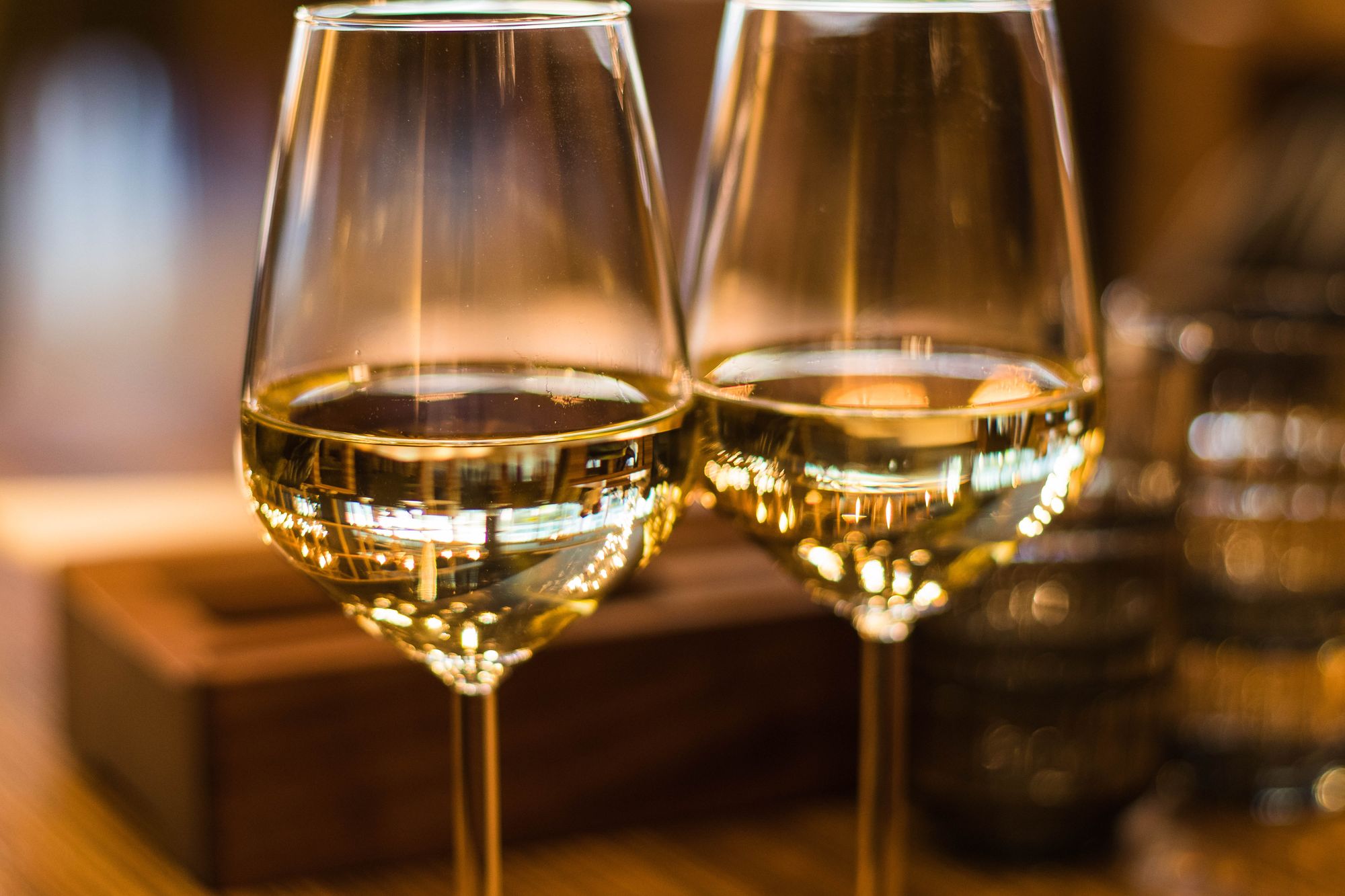
Wine coolers offer several advantages, including preservation of wine's flavor and aroma, temperature stability, and energy efficiency. They provide a dedicated environment for proper wine storage and can help enhance your wine-drinking experience.
However, wine coolers have some drawbacks, such as limited storage capacity and lack of versatility compared to beverage coolers. They may also come with a higher price tag due to their specialized features.
Wine Preservation
One of the main benefits of a wine cooler is its ability to preserve the quality of your wine.
Proper wine storage is crucial for maintaining the flavor, aroma, and overall drinking experience of your wine, regardless of whether you're a wine enthusiast or a casual drinker.
Wine coolers maintain the ideal temperature and humidity levels, protecting your wine from light and vibration, which could affect its taste and quality.
This makes a wine cooler an essential investment for those who appreciate the finer points of wine appreciation.
Temperature Stability
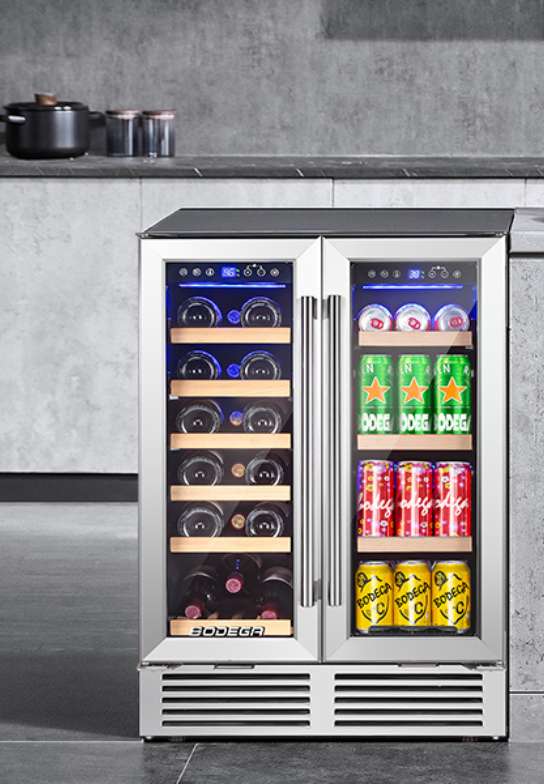

Temperature stability is another advantage of wine coolers. They are specifically designed to maintain a consistent temperature, which is essential for preserving the quality of the wine.
In contrast, a regular refrigerator or beverage cooler may not be able to provide the same level of temperature stability, making a wine cooler a superior choice for those who are serious about their wine storage.
Cost Considerations
While wine coolers can be more expensive than beverage coolers, their specialized features and benefits may justify the higher price for wine enthusiasts and collectors.
When selecting a wine cooler, it's essential to balance the budget with the desired features and benefits, such as temperature control, storage capacity, and energy efficiency.
By carefully considering these factors, you can find a wine cooler that meets your needs without breaking the bank.
Pros and Cons of Beverage Coolers
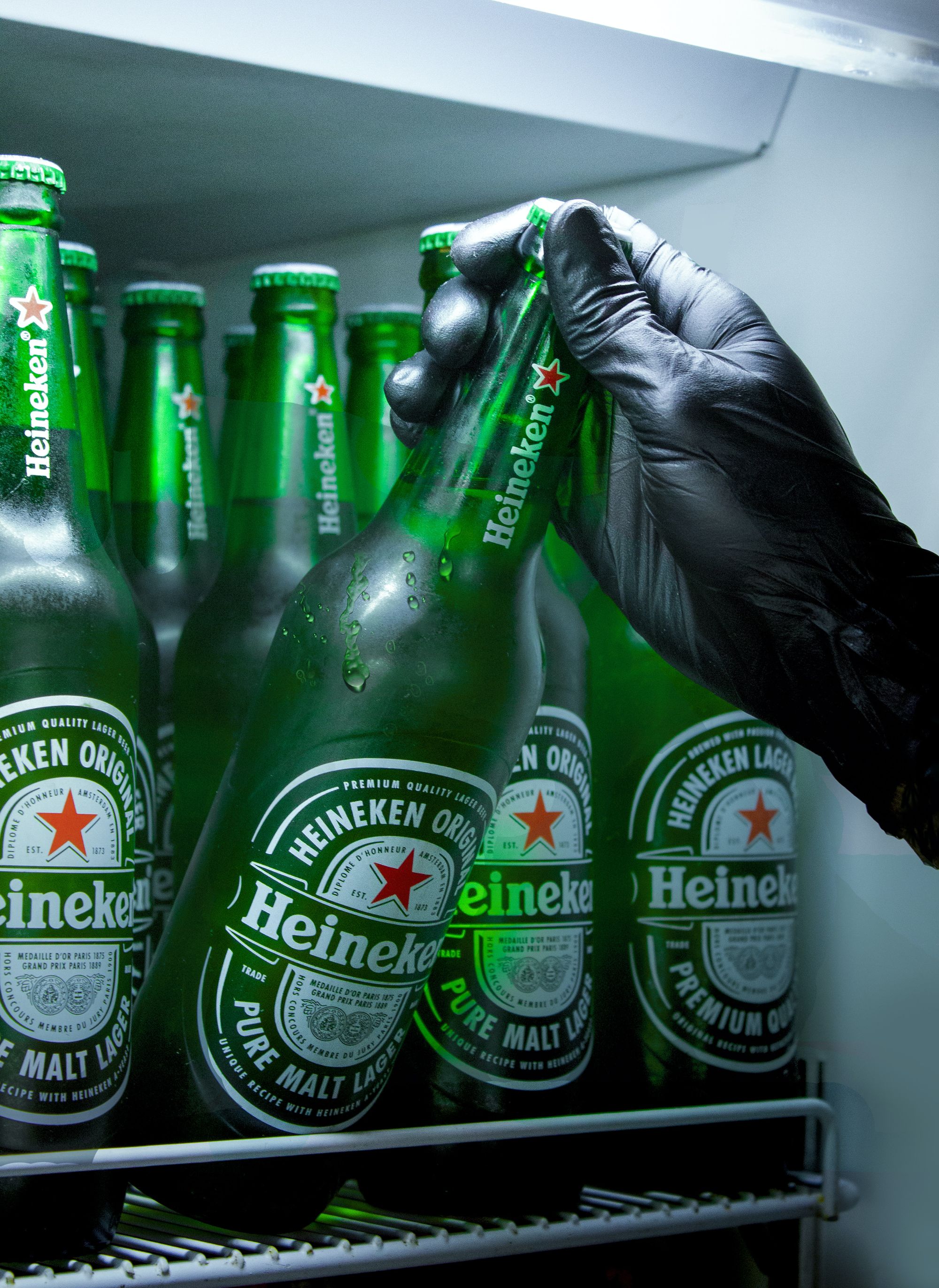
Beverage coolers offer their own set of advantages, such as versatility, precise temperature control for different types of drinks, and space efficiency. They provide a convenient solution for those who want to store various types of beverages, including wine, in a single unit.
However, beverage coolers may not provide the same level of temperature control and wine preservation as dedicated wine coolers, making them a less ideal choice for long-term wine storage.
Versatility
The versatility of wine coolers and beverage coolers is a significant advantage, as they can accommodate a wide range of drinks, including wine, beer, and soda.
They often feature separate compartments for each type of drink, providing optimal storage conditions for different beverages.
This makes beverage coolers an attractive option for those who enjoy various types of drinks and want a single storage solution, like a beverage fridge, to meet all their needs.
Temperature Control
Beverage coolers offer precise temperature control to cater to the specific storage needs of different types of drinks. They can maintain temperatures within a range of 34°F to 50°F, ideal for keeping drinks cold and ready to serve.
While wine can also be stored in a beverage cooler, it's important to note that the temperature control may not be as precise as in a dedicated wine cooler, potentially affecting long-term wine preservation.
Space Efficiency
Space efficiency is another advantage of beverage coolers. They are designed to maximize storage capacity within a compact footprint, making them an ideal choice for those with limited space.
Beverage coolers typically feature adjustable shelves and compartments, allowing you to customize the storage layout to accommodate different types of drinks and bottle sizes.
This makes them a convenient and space-saving solution for storing a variety of beverages.
Top Wine Cooler Brands and Models in 2023
In 2023, some of the top wine cooler brands and models include the NewAir 28 Bottle Freestanding Wine Cooler, Avanti 6 Bottle Thermoelectric Countertop Wine Cooler, and EdgeStar CWR461DZ 24 Inch Free Standing Wine Cooler.
These free standing wine coolers offer a range of features to cater to the needs of wine enthusiasts, such as adjustable shelves, temperature control, and energy efficiency, which are common in most wine coolers.
The NewAir 28 Bottle Freestanding Wine Cooler, also known as a wine refrigerator, offers a sleek design and a temperature range of 54°F to 66°F, making it suitable for long-term wine storage.
The Avanti 6 Bottle Thermoelectric Countertop Wine Cooler provides a compact solution for smaller wine collections, with a temperature range of 45°F to 65°F.
The EdgeStar CWR461DZ 24 Inch Free Standing Dual Zone Wine Cooler features dual temperature zones, allowing you to store both red and white wines at optimal serving temperatures.
Top Beverage Cooler Brands and Models in 2023
Some of the top beverage cooler brands and models for 2023 include the Danby DBC117A1BSSDB-6 3.1 Cu.Ft. 117 can Beverage Center, Kalamera Wine and Beverage Refrigerator, Dual Zone w/ 20 Bottles and 78 Cans Capacity, and Whynter BR-128WS Beverage Refrigerator.
These models offer a variety of features, such as adjustable temperature control, adjustable shelves, and LED lighting, to cater to the needs of those looking to store a wide range of beverages.
The Danby DBC117A1BSSDB-6 117 Can Beverage Center, 3.1 Cu.Ft. boasts a spacious interior with adjustable glass shelves capable of holding up to 117 cans.
Kalamera Wine and Beverage Refrigerator, Dual Zone w/ 20 Bottles and 78 Cans Capacity, provides separate compartments for wine and other beverages, allowing for precise temperature control for each type of drink.
The Whynter BR-128WS. Beverage Refrigerator offers a compact design with a temperature range of 34°F to 43°F, perfect for keeping drinks cold and ready to serve.
Choosing the Right Cooler for Your Needs
When selecting the right cooler for your needs, it's important to consider factors such as storage requirements, budget, and future needs.
By evaluating the temperature range, storage capacity, and specialized features of each cooler, you can make an informed decision that best suits your individual preferences and requirements.
Additionally, considering the installation and maintenance requirements of the cooler will help ensure you choose a model that is easy to maintain and operates efficiently.
Assessing Storage Requirements
Determining your storage requirements is an essential step in choosing the right cooler. Consider the types of beverages you wish to store, the size of your collection, and any additional storage needs that may arise in the future.
For wine enthusiasts, a wine cooler with a larger capacity and specialized features may be more suitable. However, for those looking to store a variety of beverages, a versatile beverage cooler with adjustable shelves and compartments may be the better option.
Balancing Budget and Features
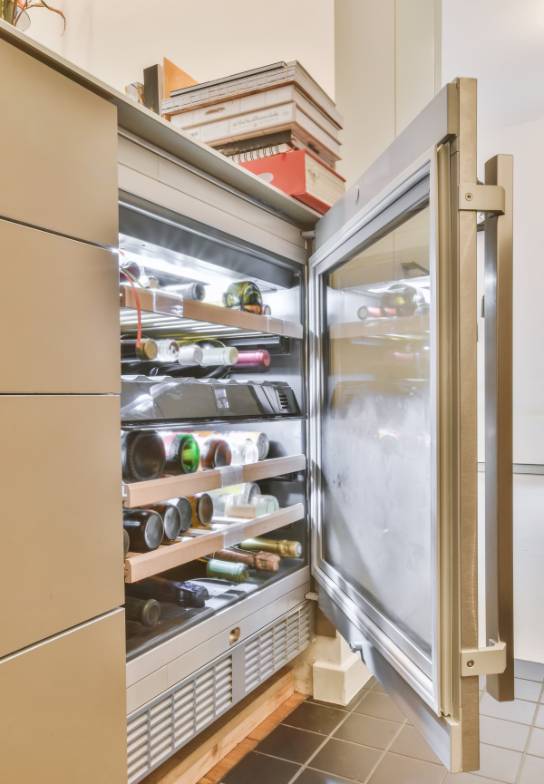
When choosing a wine or beverage cooler, balancing your budget with the desired features is crucial. While wine coolers may offer specialized features and benefits for wine storage, they can come with a higher price tag.
On the other hand, beverage coolers may be more budget-friendly, but may not provide the same level of precision and protection for long-term wine preservation.
By considering your storage requirements and desired features, you can find the perfect cooler that meets your needs without breaking the bank.
Considering Future Needs
It's important to consider your future needs when choosing a cooler. As your collection grows or your beverage preferences change, you may require additional storage capacity or specialized features.
By selecting a cooler that can accommodate these changes, you can ensure that your investment remains useful and relevant for years to come.
Make sure to consider factors such as expandable storage options, adjustable shelves, and the ability to accommodate different bottle sizes when making your decision.
Installation and Maintenance Tips
Proper installation and maintenance of your wine or beverage cooler are essential for optimal performance and longevity. Ensuring adequate ventilation, regular cleaning, and monitoring energy efficiency can help prolong the life of your cooler and maintain its efficiency.
By following these simple tips, you can enjoy your cooler for years to come and ensure that your beverages are always stored at their optimal temperatures.
Proper Ventilation
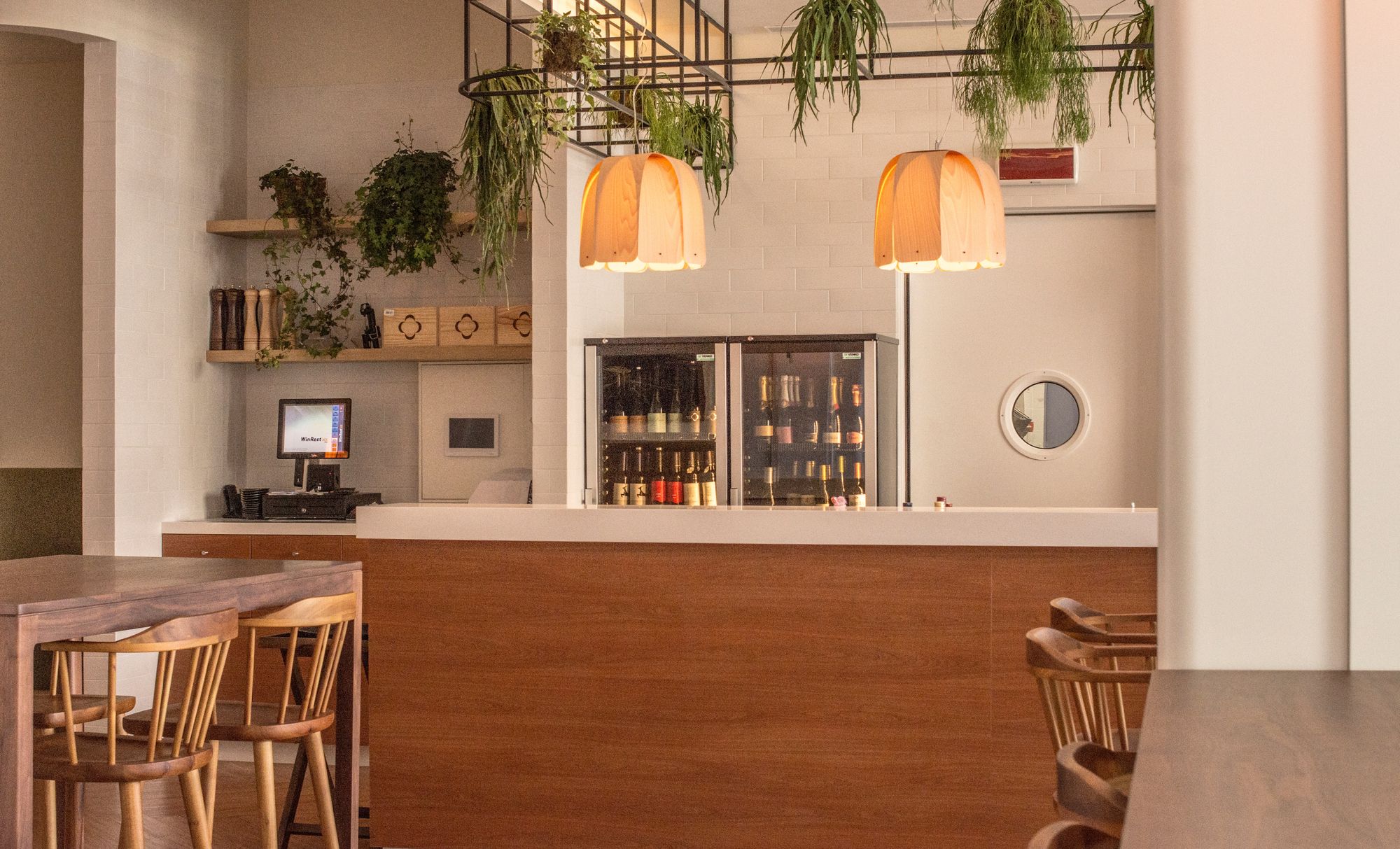
Ensuring proper ventilation is essential for maintaining stable temperature and humidity levels in your wine or beverage cooler. To provide adequate airflow, leave a clearance of 2 inches at the rear, 4 inches at the top, and 1 inch on both sides of the cooler.
Additionally, avoid placing the cooler too close to walls or other objects that could impede airflow, and regularly check the vents to ensure they are not blocked or clogged.
Cleaning and Maintenance
Regular cleaning and maintenance are crucial for prolonging the lifespan and maintaining the optimal performance of your wine or beverage cooler.
For cleaning, use a soft cloth or sponge dipped in water or soap, and a mild solution of soap and warm water mixed with baking soda or white vinegar for the interior.
It's also essential to check and replace filters or drip trays as recommended by the manufacturer.
Energy Efficiency
Energy efficiency is an important factor to consider when selecting a wine or beverage cooler, as it can help lower energy costs and reduce environmental impact.
To maximize energy efficiency, choose an energy-efficient model, maintain it at full capacity, and place it in an area that is not subjected to direct sunlight or heat sources.
Additionally, single zone wine coolers are typically more energy efficient than dual zone wine coolers.
Summary
Understanding the differences between wine fridges and beverage coolers is essential for selecting the perfect storage solution for your beverages.
By considering factors such as temperature range, storage capacity, specialized features, installation, and maintenance, you can make an informed decision that meets your specific needs and preferences.
Whether you're a wine enthusiast or a lover of various drinks, investing in the right cooler can enhance your beverage experience and ensure your drinks are always stored at their optimal temperatures.
If you have a large wine collection you should check out our article on the best large wine fridge.
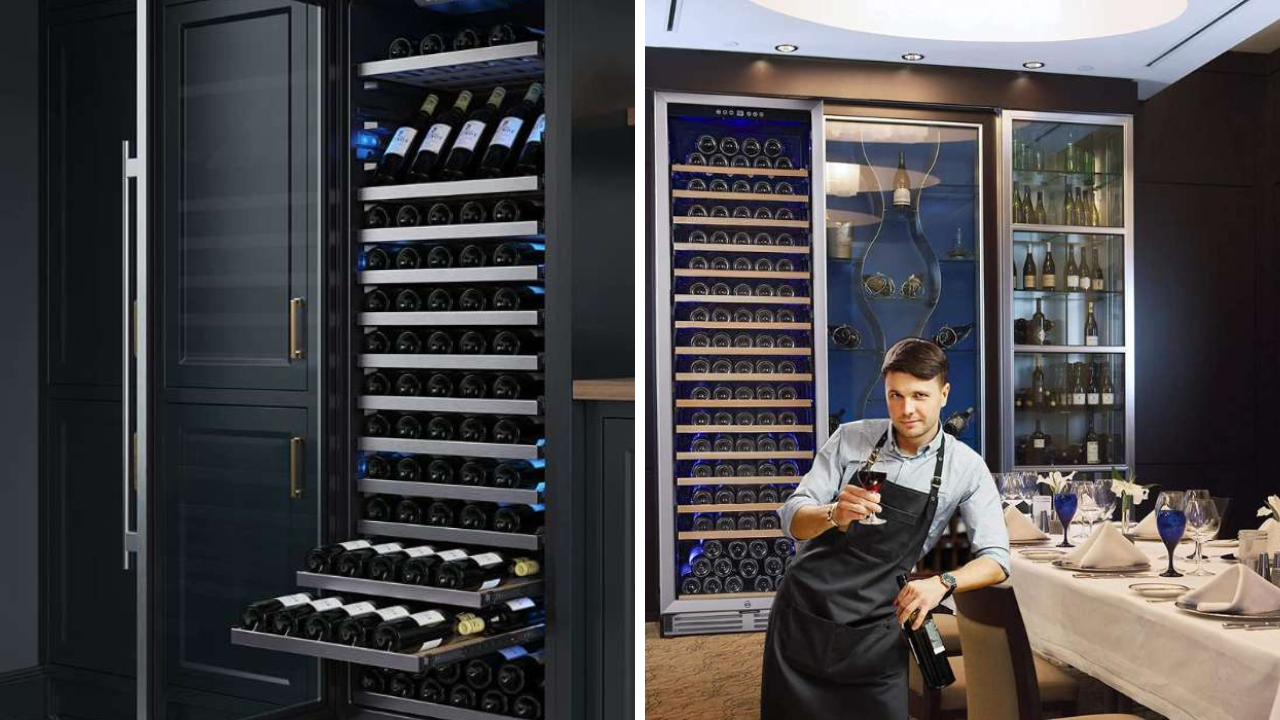
If you are short on space, then our article on the best slim wine fridge would be good to read.
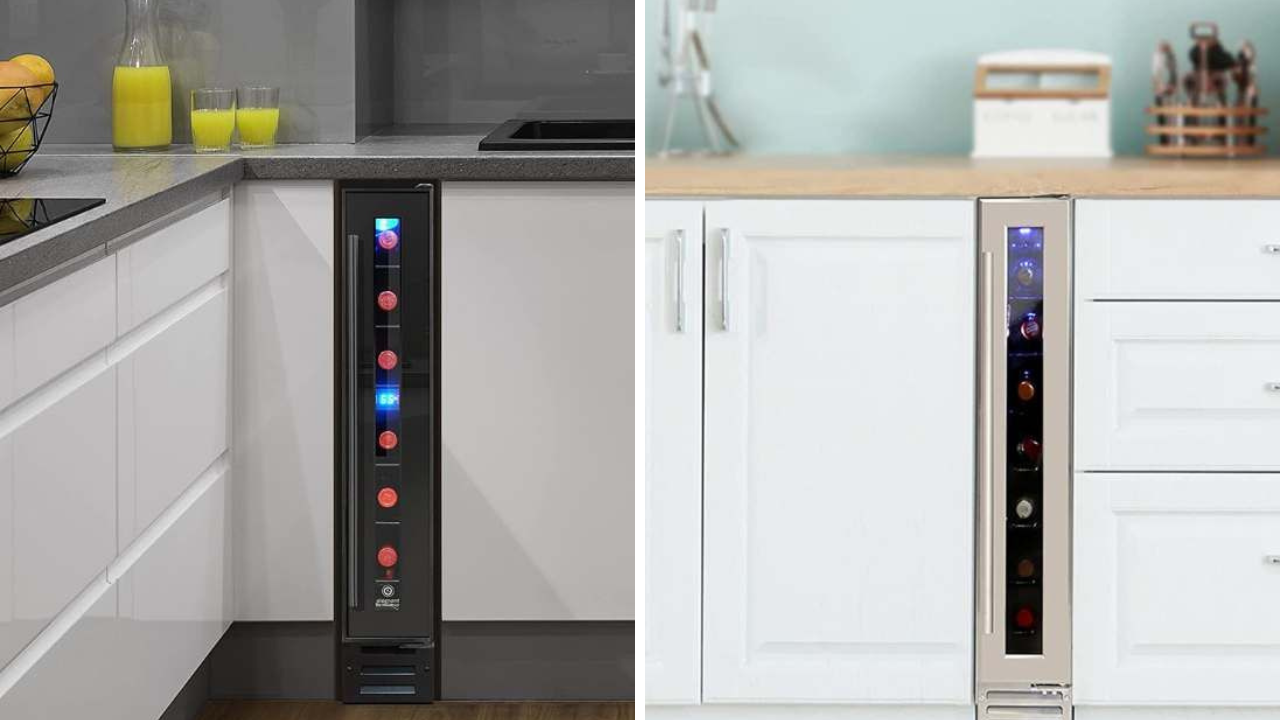
Our article on the top picks for an under counter wine fridge would be good to check out if you want that built in look.
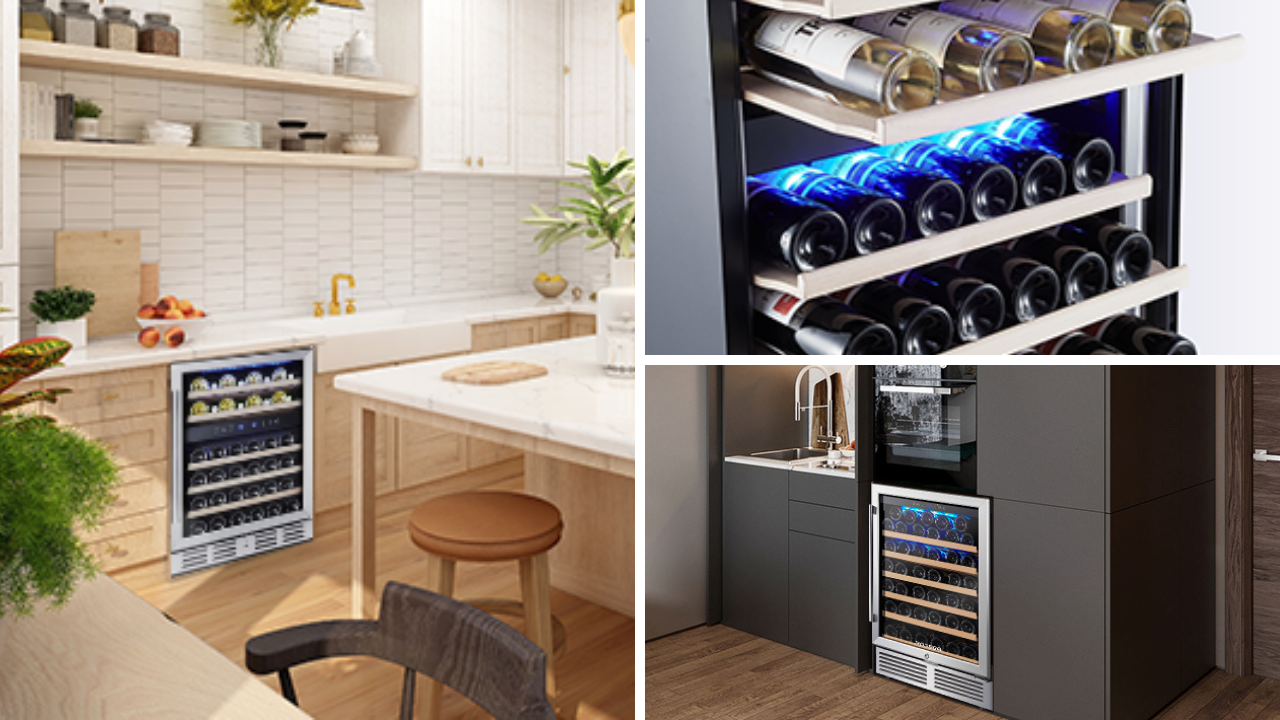
Frequently Asked Questions
What is the difference between a beverage fridge and a wine fridge?
The primary difference between a wine fridge and a beverage fridge is that wine fridges are designed to maintain a more precise temperature range, which is necessary for storing and preserving wine, while beverage fridges are designed to store a variety of different drinks.
What is the difference between a wine cooler and a wine fridge?
The main difference between a wine cooler and a wine fridge is in the type of cooling technology used. A wine cooler uses thermoelectric cooling while a wine refrigerator relies on compressor-based technology, much like a standard kitchen refrigerator. This makes wine coolers quieter and more energy efficient than wine fridges.
Can a wine fridge be a beer fridge?
Yes, a wine fridge can absolutely be used to store beer! Most wine fridges are designed to accommodate a variety of bottle sizes, so beer bottles fit just as easily into the shelves as wine bottles do. Additionally, their cooling systems are perfect for keeping your beverages at the ideal temperature.
How cold does a wine fridge get?
A wine fridge should be kept at a temperature between 44-55°F, with 55°F being the maximum. This moderate temperature range keeps the flavors in the wine and ensures that it is served at its best. Keeping your wine at these temperatures helps to keep it in optimal condition for enjoying.
Can I store both wine and other beverages in a beverage cooler?
Yes, it is possible to store both wine and other beverages in a beverage cooler. However, for best results, you should ensure that your beverage cooler is adjustable, so that the temperature can be set to the optimal level for preserving each type of drink.










